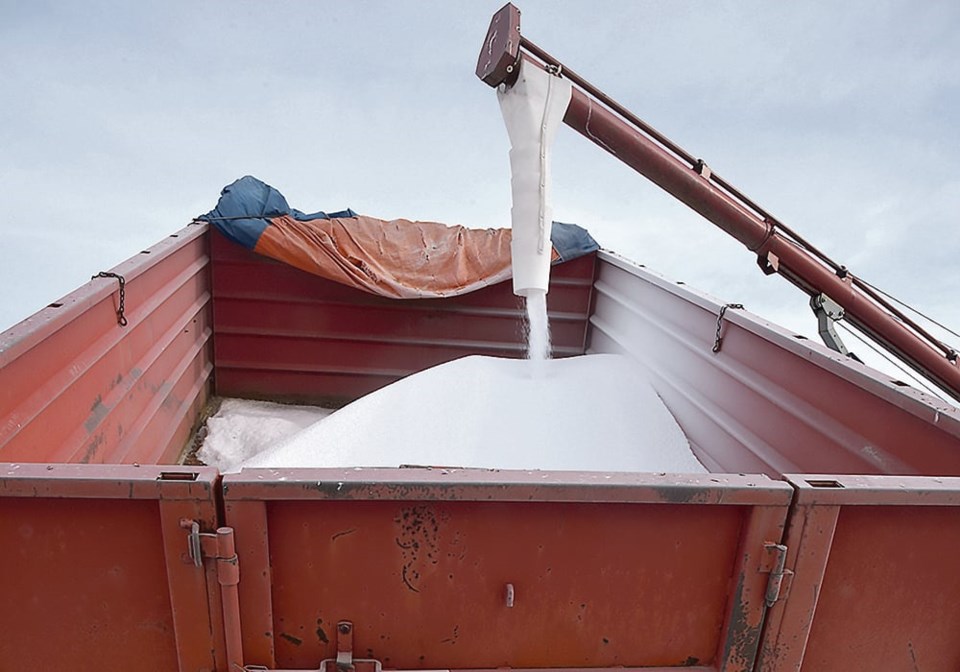I want my farm to be sustainable because I want it to be here for future generations. So I need to look after the soil, grow good crops, and maintain equipment and infrastructure.
But I don’t think the word “sustainable” means the same thing to the federal government. In fact, I think Ottawa has a meaning that differs greatly from mine and that of my fellow farmers. I think Canadian consumers and farmers alike should be very concerned.
I have evidence for that belief.
First, just before the holidays, the federal government launched the Sustainable Agriculture Strategy (SAS). Among its many lofty sounding goals were these: “The strategy will serve as a guide to support the livelihoods of farmers while growing a sustainable sector. By identifying goals and a way forward, Canada’s agriculture sector will be equipped to recover quickly from extreme events, thrive in a changing climate, contribute to world food security, while also contributing to Canada’s overall efforts to cut emissions.”
The federal government also announced a list of groups that would be part of the consultations. Wheat growers were not among them.
The second piece of evidence came in documents received by The Western Producer. It seems Agriculture Canada has officially changed its priorities.
Agriculture Canada has historically been focused on science and practices that help Canadian farmers and ranchers produce more and better yields and ensure safety and quality for consumers.
Now, however, priorities have shifted to “mitigating and adapting to climate change,” increasing the resiliency of agro-ecosystems, advancing the circular economy by developing value-added opportunities and accelerating the digital transformation of agriculture and agri-food.
I thought Canadian farmers already led the world in the application of technologies. I know my farm is highly computerized. That might be a difference in perception, but the words that really caused me to pause were “mitigating and adapting to climate change.”
Now, I appreciate the intention of Ottawa bureaucrats wanting to come up with a plan for my farm, but is there a polite way to say no?
It seems obvious that Ottawa’s actual plan is not to improve my crop yield, but to restrict my operations to help the government reach international climate goals — probably by forcing farmers to use less fertilizer.
Canadian farmers are already some of the most efficient users of fertilizer on the planet, but that doesn’t seem good enough. I suspect mandated cuts are not far off.
That means less agricultural output. No amount of interdepartmental memos from Ottawa can take the place of fertilizer. If there are mandated cuts, we will grow less. If we grow less, food prices rise, the supply chain is stretched and consumers everywhere in Canada, and the world, will pay more for basic staples.
Ottawa knows that fertilizer reduction in the name of taking action on climate change will reduce crop output in Canada, and cause an increase in prices and costs to consumers.
But consumers need to know it too. Folks across the country need to know that Ottawa understands its plan will make their staple foods more scarce and more expensive. And it won’t even cut greenhouse gases. We live in a global economy. If Canada grows less low-emissions crops, countries like Brazil, Argentina and China will grow more. And they are way less efficient than we are. Emissions will rise.
Family budgets, already buckling under run-away food inflation, will not be sustainable and the situation will get worse if Ottawa has its way.
It’s time to deliver a simple message to Ottawa. We already have sustainable farming in Canada, the best in the world. So, keep your ideology off our food supply.
Gunter Jochum is president of the Western Canadian Wheat Growers Association.




